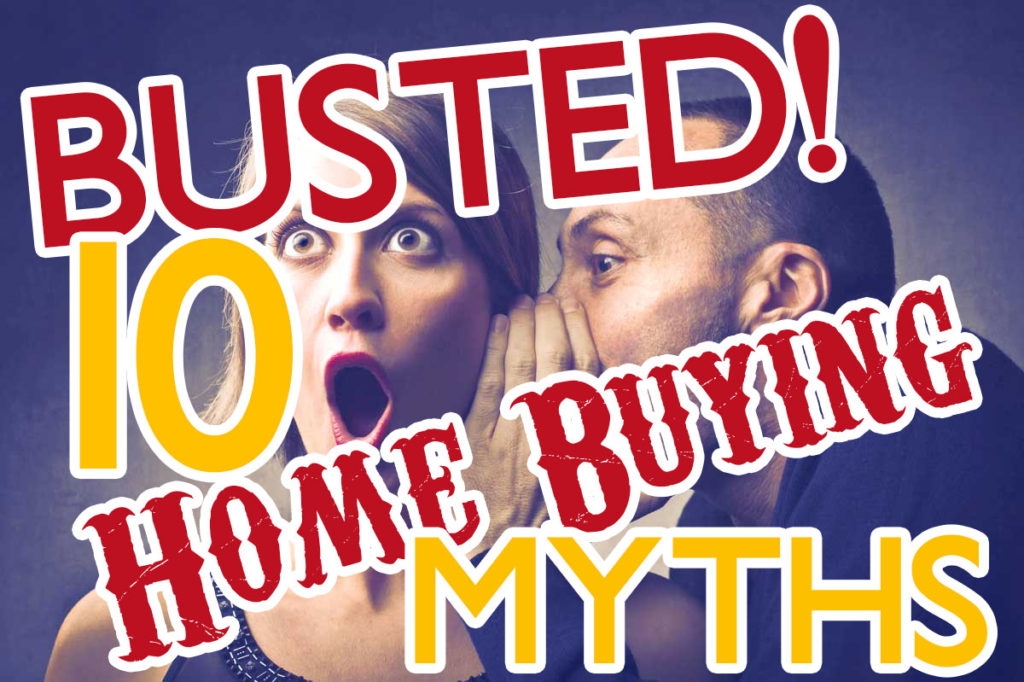Even as a full time agent I have to work overtime to keep up on our market trends, industry news and learning from new experiences. The learning curve is steep in real estate, and it is not surprising that buyers have a lot of misconceptions about the process and what to expect.
Here are a few myths – some true, some not – about buying a home in the Fort Hood area.
Killeen is a dump, live in Harker Heights instead
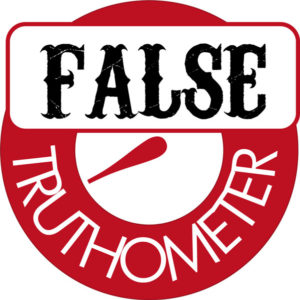 FALSE
FALSE
Harker Heights is certainly nice – that much is true. But Killeen is most certainly not a dump.
Maybe once upon a time this was true, but not at any point I’ve been living in the area (I’ve personally lived in three different homes in Killeen and still do). It is true that Harker Heights’ median price point is approximately 50% higher than Killeen’s median price point. But Killeen has grown a lot the past decade and added many new neighborhoods on the south side of town. Killeen now features several of the area’s most expensive communities like River Ridge Ranch, Deerwood Estates, White Rock Estates, Walnut Creek, Purser Crossing and Spanish Oaks.
However, this anti-Killeen myth still pervades the thinking. In my opinion, sometimes people pay extra just for “Harker Heights” when they could be getting more bang for their buck in Killeen.
Harker Heights is a great town, but you are doing yourself a disservice by declining to consider Killeen, Copperas Cove and Nolanville.
All the good places are south of Highway 190
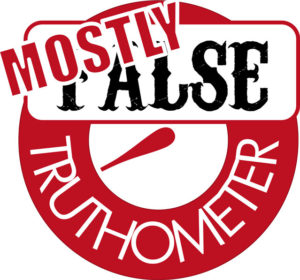 MOSTLY FALSE
MOSTLY FALSE
It is true that the newest homes are on the southern side of Killeen. Killeen can’t grow north (Ft. Hood), west, (Ft. Hood) or east (Harker Heights), so south is the only direction Killeen grows.
While the northern side of town does feature mostly older homes (90s and earlier), it also has numerous great, affordable and quiet neighborhoods. It also features one of the few gated communities in Killeen (The Falls), and neighborhoods on half acre lots with tremendous 3000+ sq. ft. homes (Crossland Estates).
Fort Hood area homes are cheap
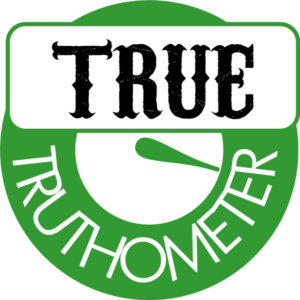 TRUE
TRUE
Well, at least compared to most housing markets. The average price of a home in the Fort Hood area is between $120,000-$130,000. That is about half the national average.
And while it does have many nice neighborhoods, even the nicest aren’t too expensive by luxury home standards.
No doubt about it, you can get a lot for your dollar in our market. I’ve worked with many buyers who have come to the area for that reason. I can tell someone is completely unfamiliar with the area when they tell me they are just looking for a nice 2-bedroom home under $200,000 (the average 2 bedroom home is about $50,000 in our area, and the vast majority of housing is 3+ bedrooms). These unwitting buyers are in for a treat when they discover what $200,000 can really do for them!
I am automatically entitled to a VA Loan
 FALSE
FALSE
I’ve spoken with some Soldiers who assume that they are entitled to use their $417,000 VA loan limit whenever they are ready, irrespective of their financial circumstances. That is unfortunately not true. While the VA subsidizes these veteran loans, the loans are still issued by private mortgage companies and banks. Military borrowers still must qualify for the loan.
That means take care of your credit and limit your debts. The VA loan is one of the biggest benefits military families earn, and not one you want to miss out on.
The VA Loan means $0 cost to buy a home
 MOSTLY FALSE
MOSTLY FALSE
The VA loan has no down payment, yes. But there are closing costs (mostly lender related) that are separate from the down payment. These additional closing costs are often approximately 3% of your home’s purchase price – $3500-$6500 for many Fort Hood area homes.
Fortunately, Fort Hood still behaves like a buyers market, meaning it is not uncommon for buyers to negotiate for the seller to pay some or all of these closing costs. Many VA buyers do get to the closing table owing $0. But it is negotiated in the offer – not automatic.
In addition, you as a buyer will also be responsible for providing earnest money ($500 up to 1% of the purchase price is common), and option fee ($50-$100 is common). Then, you will have to pay out of pocket for inspections, ranging from $250 to $350 for most homes (x2 or x3 for multi-family homes). So even then, you will need nearly $1000 on hand minimum to get through the entire process, even if a chunk of that (the earnest money) is refunded at closing.
I have to pay the asking price
 FALSE
FALSE
Many people know the price is negotiable. But I still run into buyers who don’t know that.
Before making an offer, your agent should put together a market analysis of the home, estimating what it is worth. Then you can make an informed decision about what the home is really worth and what you are willing to offer. Your agent should be your guide to getting the best deal. Sometimes it will mean offering full asking price – often not. 65% of Fort Hood area homes sold under asking price in 2016 so far.
The one exception may be when working with builders. Builders tend to be inflexible with their prices. If they sell one home at a discount, suddenly all their future homes in the neighborhood are going to be worth that much less. But even then, there are exceptions to the exception.
The seller pays for my Realtor®
 TRUE
TRUE
Using an agent as a buyer makes a lot of sense, especially because it is free.
For a variety of unimportant reasons, the real estate industry has evolved to the point it is customary for sellers to offer to pay not only their own agent but the buyer’s agent’s commission, too. In fact, a requirement for all MLS listings is that they offer a buyer’s agent commission.
What happens if you don’t use a Realtor? Usually, the listing agent gets to keep what your agent would have been paid, but doesn’t actually represent or advise you at any point.
There can be exceptions, like if you are working with a For-Sale-By-Owner home, or if the seller only agrees to cover a portion of your agent’s commissions. But the vast majority of the time, your agent costs you nothing, and has already been budgeted by the seller.
You get a better deal if you buy from a builder without using a Realtor®
 FALSE
FALSE
This myth kills me, mostly because it is so fun to work with a buyer on a new home. It drives me crazy to think of how many (approximately 40% of all new home buyers) who aren’t using an agent.
Yes – get a Realtor if you are buying a new home. The builder’s representative is nice and helpful, I’m sure. But they still represent the builder, not you. They are not going to advise you to get an inspection (you should), they can’t compare it to other builders (I can), or compare it to other preowned homes on the market that may be a better deal for what you need.
When you don’t use a Realtor, you don’t save a dime. The builder just pockets whatever they would have spent on your agent, and they don’t have to deal with a nosy advocate for your interests.
The VA gives out loans
 FALSE
FALSE
This is perhaps the most common myth I run into. Many buyers I work with say “I just got a preapproval letter from the VA”. No – you didn’t.
Usually what they mean is they got a preapproval from Veterans United, a private company just like Bank of America, USAA or Fairway Mortgage. I don’t know what about Veterans United’s marketing that makes people think they are the “VA”, but they aren’t. I’ve been on their site where they explicitly make this clear, but I guess most people don’t see that.
My point? Veterans United is not your only choice when getting a VA Loan. In fact, I implore you to look through several and compare options. Here are some of the local lenders I recommend.
I have to have good credit to buy a house
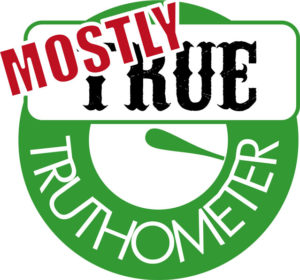 MOSTLY TRUE
MOSTLY TRUE
But it doesn’t have to be perfect. Generally, a 620+ credit score is the threshold where you can get a typical loan with typical rates.
There are options for credit scores lower than 620. Around 580+ there are lenders who can loan, however the terms may not be as favorable.
Wondering what your credit score is? Don’t go online looking (though getting a credit report is never a bad thing). Talk to a lender! More than just give you your credit score, they can give you the complete financial picture of where you are at and what, if anything, you need to do to get to home ownership.

Conclusion
I’ve bought five homes personally, and even on #5 I wasn’t an expert yet. Everything is always changing – the market, loan types, neighborhoods, rules, paperwork…. Getting an agent is the #1 cure to misconceptions about buying a home.

